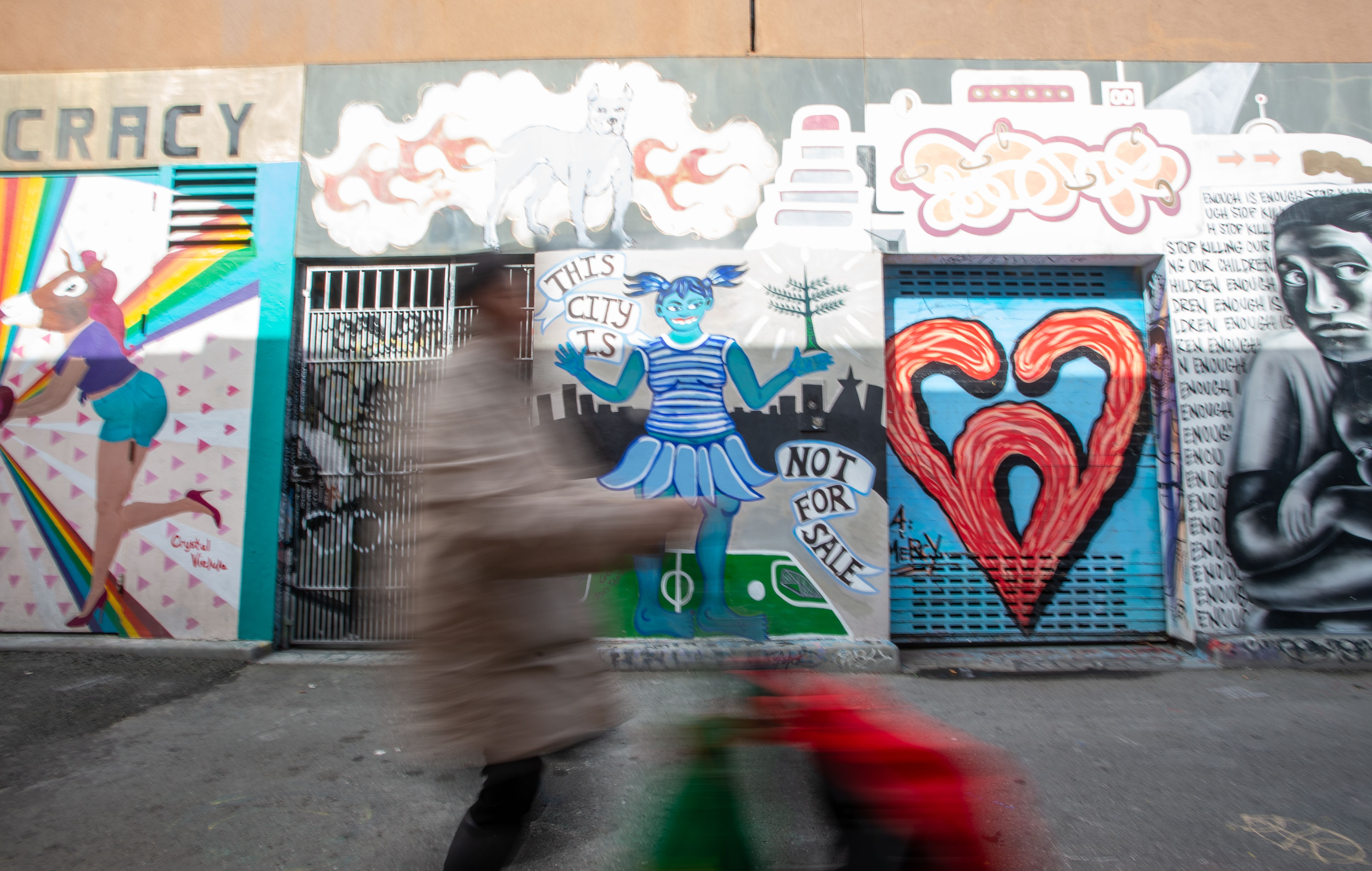
A cohort of more than 100 San Francisco-based artists will be given a $1,000 monthly stipend as part of the city’s Economic Recovery Task Force, the mayor’s office announced last week.
Mayor London Breed and board of supervisors president Norman Yee convened the task force in early April to bring together leaders from the city’s business, cultural, education, labor, and nonprofit organizations. A report issued at the final meeting outlined policy recommendations for actionable ways to aid those most affected by the COVID-19 pandemic in a city projecting a budget deficit of $1.6 billion.
The policy, billed as the Basic Income Pilot for Artists, outlines details including directing almost $6 million in funding to arts organizations, artists, art teachers, and cultural workers, in addition to a Universal Basic Income program. Under the basic income, 130 artists will be selected to receive the monthly stipend for at least six months, beginning in early 2021.
Critics have swiftly responded to the announcement, pointing out that the premise of Universal Basic Income is not to single out a group of individuals (in this case, artists). The guidelines also do not specify what requirements an applicant needs to be considered as an artist. Comments on Twitter underscore the confusion, with one user asking “do people in SF city government understand what the ‘U’ stands for in UBI? This is a stipend.”
The founder and president of the think tank UBI Center, Max Ghenis, told Reason that one benefit to defining the program as part of UBI is that work requirements and other restrictions do not apply. “Sometimes the u also means unconditional. I think this does pretty much mean that,” he said.
Despite the confusing language, the city is forging ahead. Applications for organizations that will administer the grants are open now through October 30.
The SF Arts Commission is expected to provide funds to cultural organizations, and the Office of Economic and Workforce Development is directing $265,000 to paint murals and “deploy performance artists to promote COVID-safe behaviors in high foot traffic areas.” In addition, the report says that taxes and fees will be waived for small businesses unable to open during the pandemic, and it broadens the Shared Spaces program, which allows businesses to maintain social distancing by spreading out into public spaces.